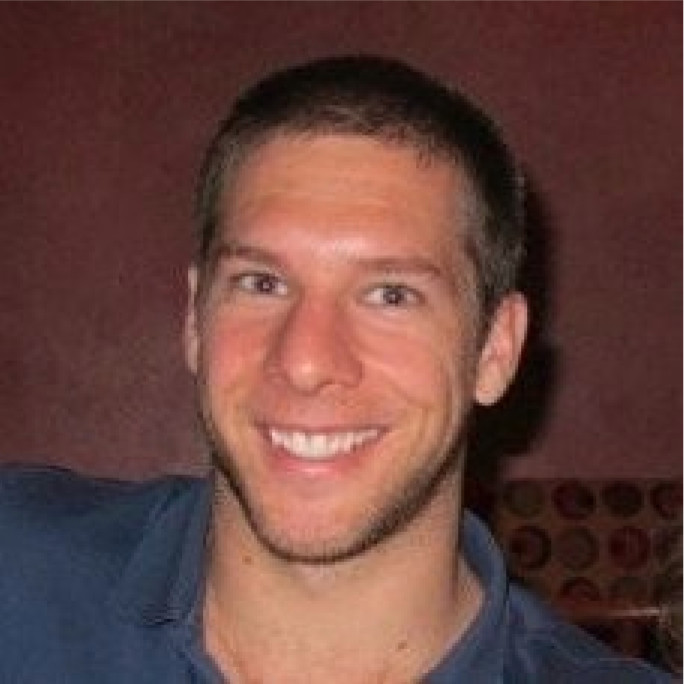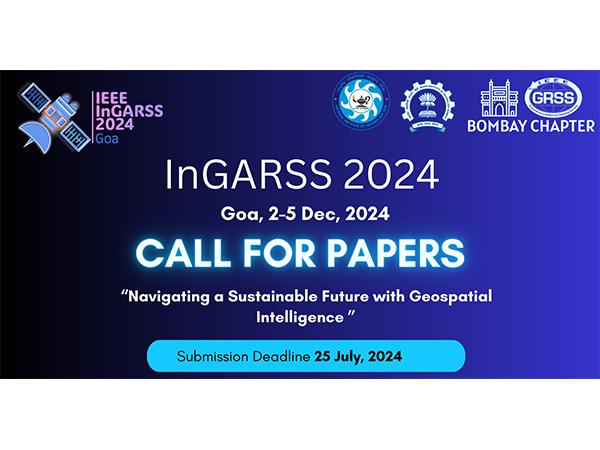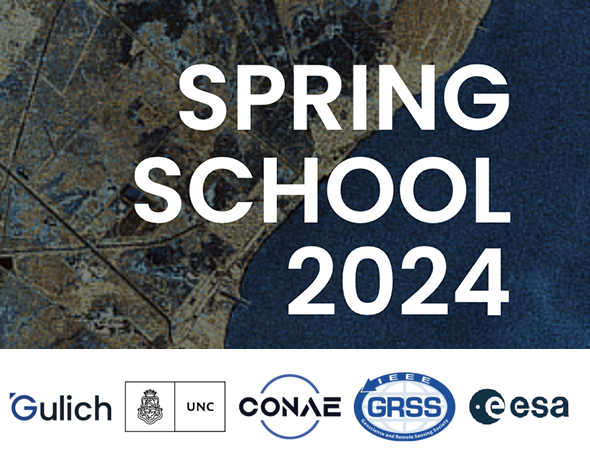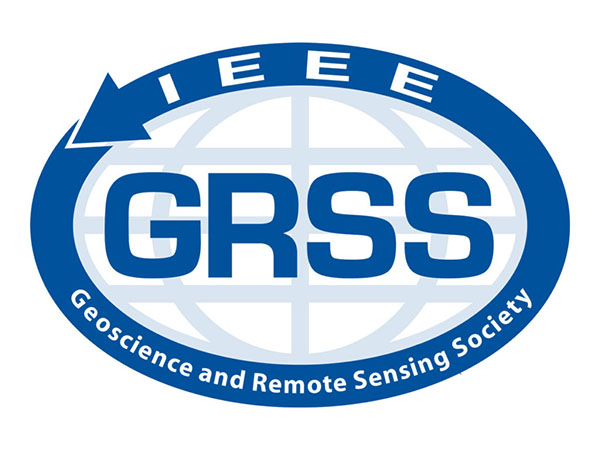Friday, December 11, 2020
12:00-1:00PM (US Eastern Time GMT -5)
Speaker: Adam van Etten, Technical Director at CosmiQ Works, USA
Sponsored by GRSS, and the GRSS Washington, DC & Northern VA Chapter

GRSS Webinar: Uniting the Computer Vision and Remote Sensing Communities with Open Source Competitions
The computer vision community has made great strides in the last decade, due in large part to the growth of deep learning. The application of advanced computer vision techniques to the remote sensing domain has lagged considerably, however, due to a number of a factors such a lack of labeled data, disparate object sizes, and the sheer scale of remote sensing datasets. We describe efforts to accelerate the application of advanced computer vision techniques to the remote sensing data via the SpaceNet initiative. SpaceNet is inspired by the highly successful ImageNet competition series that helped spur many of the advances in computer vision applied to traditional imagery. Accordingly, the SpaceNet partners have released a large, high quality dataset containing high-resolution satellite imagery and hand-labeled objects of interest. On top of this dataset, the SpaceNet partners run a series of open competitions that showcase the use cases of computer vision and data science techniques with satellite imagery. We discuss some of the lessons learned from early competitions that focused on foundational mapping techniques such as building footprint extraction and road network detection. Further, we discuss existing capability gaps and plans for future competitions that will address such issues as seasonal variability, robust change detection, and fusion with non-imagery datasets.
SPEAKER’S BIO:
Adam Van Etten is the Technical Director of CosmiQ Works, an In-Q-Tel Lab. In this role, he applies machine learning and computer vision techniques to satellite imaging data, focused on problems of interest to the US Government. Adam has focused on helping run the SpaceNet initiative, and on researching rapid computer vision techniques that readily scale to the enormous sizes of satellite imagery corpora. Prior to In-Q-Tel, Adam was a Data Scientist for Data Tactics working at DARPA headquarters developing tools and scalable algorithms for big data analysis on a variety of projects. Adam received his Ph.D. in physics from Stanford University and bachelors in physics and astronomy from the University of Washington.



























